Accelerating Community Investment: Bringing New Partners to the Community Investment Ecosystem | Cityscapes Insights Series
Written by Jackie Robles
This insight piece, written by an NGIN advisor, is based on sessions led by speakers from various organizations at the Cityscapes Summit 2024.
As an inclusive economic development practitioner, I often work in underinvested communities that are struggling to break the cycles of persistent disinvestment, structural racism, and economic stagnation. Most practitioners in this space spend a lot of time addressing barriers to unlock investment for critical community needs and scaling promising ideas and approaches. Lincoln Institute for Land Policy’s “Accelerating Community Investment: Bringing New Partners to the Community Investment System.” session provided useful insights during NGIN’s recent Cityscapes Summit in Durham, NC.
RJ McGrail, Senior Fellow at the Lincoln Institute of Land Policy, moderated the panel and the panelists included New Mexico Representative Andrea Romero, who focuses on growing economic investment ecosystems at the state level in New Mexico, and Christopher Pike, who leads the Redevelopment Authority in Jackson, Mississippi.
If you missed the discussion, here are the key take-aways from the session.
If you want to go fast, go alone. If you want to go far, go together.
Philanthropy, investors, nonprofits, and banks have realized that collaboration leads to better investments. This collective approach ensures the inclusion of micro-communities and indigenous communities that are often overlooked. By sharing information, capital, and expertise, firms and economic and community development organizations can address specific needs and scale operations across the state more effectively.
Andrea responded to a complex question from the audience about effectively addressing long-standing institutional players and sharing unmet needs with innovative approaches. She emphasized that the "secret sauce" lies in people working together. When sourcing deals, they align them with shared values and community interests, ensuring everyone has a personal stake in these investments.
Building capacity through partnerships is essential.
We all know the broken record about building capacity across entities, local government, and community and economic development organizations: it is essential.
Christopher draws on his experience building capacity through partnerships and says it best: “You do not need to know how to do everything; you just need to partner with those who do.” By focusing on your strengths and collaborating with others who excel in different areas, both parties can achieve success. He points to his experience, stating, "If we work in silos, we may never get those deals to work." He emphasizes the importance of getting a return on investment for additional capacity, noting, "If you have the capacity, hire lobbyists.” They are an investment, ensuring that your interests are protected, and your funding is not vetoed by your governor."
Often, local practitioners are expected to handle multiple roles, and if they excel, they tend to move to larger entities or organizations that offer higher pay. Andrea highlights this issue, stating, “We need new infrastructure and have great opportunities, but who will do the work? Attracting and compensating talent for these roles is challenging.”
She points out that one effective approach to building additional capacity is to have students work in local government, training them to handle these responsibilities. Philanthropy can play a crucial role by funding positions that manage grants, assist those juggling multiple roles, and hire additional personnel. While funding may have its limits, it is necessary for these efforts.
Capital translation is needed in communities.
I am all too familiar with community and economic development practitioners finding the finance or capital industry complex and intimidating. Andrea emphasizes the importance of bridging the gap between the finance industry and community goals by encouraging the finance industry to communicate more effectively about its objectives. She actively sees these industries making strides to break down “financial language” into layman's terms. She advises those not on the financial side to push the envelope to understand the “capital language,” take space in these conversations, and encourages the community to lead discussions on how to collaborate with capital firms.
Drawing from her experience, Andrea notes that bankers and financiers are willing to collaborate in the realm of community investment and impact. However, she acknowledges that the capital system can be foreign to community members, making it crucial to foster understanding and effective communication among these two parties.
The insights shared by the panelists gave glimpses into the transformative power of prioritizing collaboration across sectors, building robust capacity within local governments and community and economic development organizations, and actively bridging the gap between financial expertise and community needs. By adopting these lessons and embracing inclusive, partnership-driven approaches, we can drive meaningful change and ensure that investments benefit all members of our communities.
Want to watch sessions and view presentations from the Cityscapes Summit 2024?
You can now access a selection of recordings, presentations, downloadables and book recommendations from the summit on our post-event resources page.


